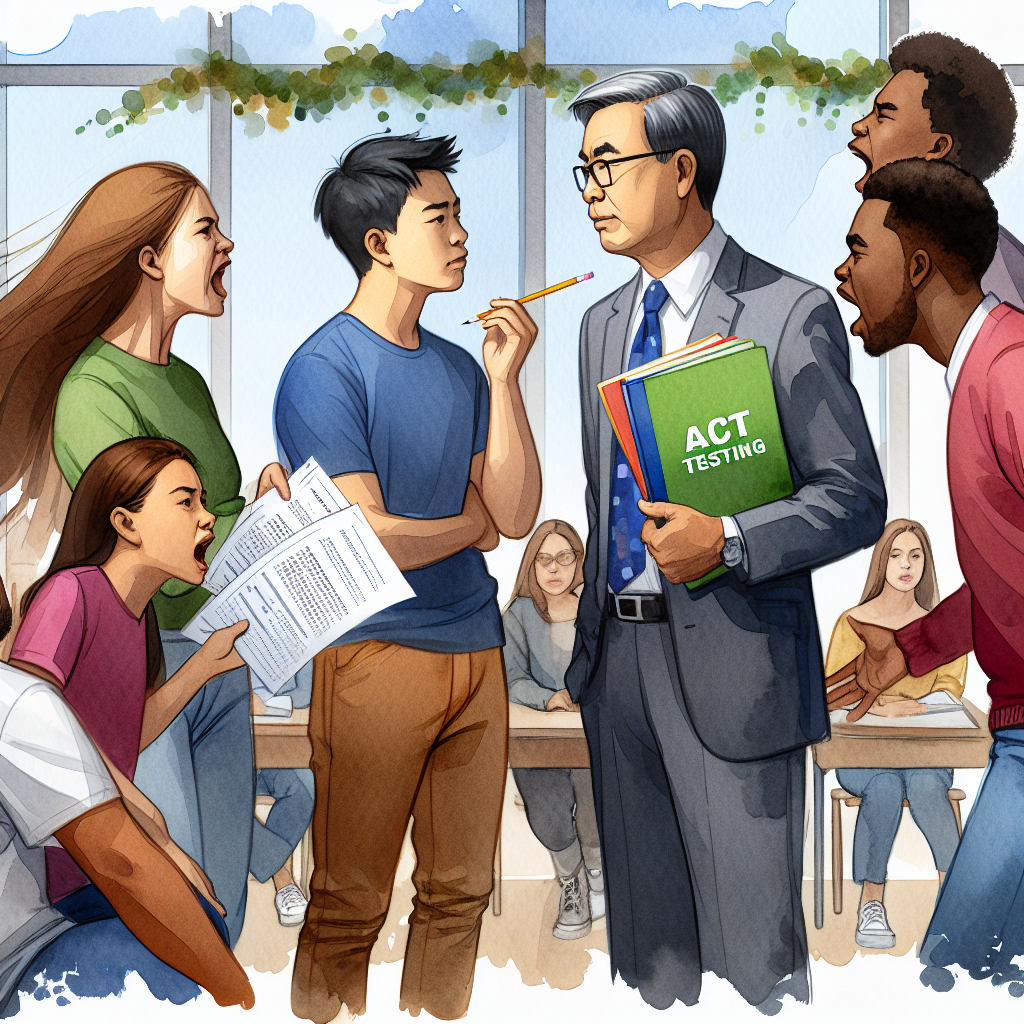we will know in this post how to build resilience in Social Situations and Tips for Introverts
Introverts frequently find themselves in a social environment that appears to favor outgoing personalities. Navigating social circumstances can be exhausting and difficult for people who value solitude and quiet meditation. However, it is critical to understand that introversion is not a weakness, but rather a personality trait with unique qualities and advantages.

finally, realize that you are not alone in this path. How to Build Resilience in Social Situations Tips for Introverts Seek help and support from friends, family, or a therapist who knows and respects your introverted personality. Surround yourself with helpful and understanding people who will encourage and uplift you.
Building resilience in social circumstances can make introverts feel more comfortable, confident, and at ease when engaging with others. Here are some helpful strategies for introverts to improve their resilience in social situations.
Table of Contents
Understanding Introversion How to Build Resilience in Social Situations Tips for Introverts
First and foremost, it is critical to grasp what introversion is and isn’t. introversion is not synonymous with shyness or social awkwardness; rather, it refers to how one responds to input, especially social stimulation. Introverts feel more invigorated and concentrated in quieter, more low-key circumstances, whereas extroverts thrive in more stimulating and gregarious settings.
read more
How to Introverts are best Shaping Modern Workplaces
Preparation and Planning
how to Building Resilience in Social Situations Tips for Introverts Introverts frequently thrive in one-on-one or small group settings where they may have deeper, more meaningful interactions. If you know you’ll be attending a social function, set aside some time to prepare and plan.
How to Build Resilience at Work as an Introvert
Set reasonable expectations: Rather than attempting to engage with everyone at the event, aim to have a few worthwhile discussions.
Research the event: Understanding what to expect can help alleviate anxiety. Learn about the attendees, the schedule, and potential discussion topics.
Prepare discussion starters: Prepare a few subjects or inquiries in advance.
Mindset Shift
Adopting a growth mindset can have a big impact on how to Build Resilience in Social Situations Tips for Introverts interact in social circumstances. Instead of seeing social encounters as exhausting or unpleasant, consider them opportunities for growth, learning, and connection. Reframe negative thoughts and beliefs about socializing, emphasizing the positive features and potential rewards.
Practice active listening.
Introverts are usually superb listeners. Use this strength to your advantage by engaging in active listening.
Give your complete attention. Participate in the discourse and give the speaker your full attention.
Ask open-ended questions. Encourage the other individual to open up more about themselves and their experiences.
Validate and empathize: Recognize the speaker’s emotions and perspectives.
Set Boundaries How to Build Resilience in Social Situations Tips for Introverts
Setting limits is vital for introverts to maintain their energy and well-being.
Know when to say no. It is acceptable to decline social invites or leave an event early if you are feeling overwhelmed or fatigued.
Communicate your needs: Inform others about your introverted personality and how they can support and respect your boundaries.
Take breaks to rejuvenate.
Socializing can be exhausting for introverts, so it’s important to take breaks and recover.
Find calm spaces: Look for quiet spots where you can get away from the commotion and excitement.
Self-care activities include reading, meditating, and going for a stroll.
Celebrate minor victories.
Developing resilience in developing your social skills.
Building social skills is an ongoing process, and introverts might benefit from training and honing their abilities over time.
Begin small: Begin by engaging in low-risk social encounters, such as talking to a friend or colleague.
Join an organization or club. Join groups or clubs that share your interests and hobbies to meet like-minded people and improve your social skills in a relaxed environment.
Seek feedback: Gather feedback from reliable friends and family members.
social context is a process, not a destination. Celebrate tiny victories and accomplishments along the way to increase your confidence and motivation.
Acknowledge your progress. Recognize and applaud whatever improvement you have achieved, no matter how tiny.
Learn from setbacks: Rather than focusing on mistakes or setbacks, see them as chances for learning and growth.
Seek help and connection.
Finally, realize that you are not alone in this path. How to Build Resilience in Social Situations Tips for Introverts Seek help and support from friends, family, or a therapist who knows and respects your introverted personality. Surround yourself with helpful and understanding people who will encourage and uplift you.
conclusion
we learned in this post how to build resilience in Social Situations and Tips for Introverts
Awareness, acceptance, and practice can help introverts develop resilience in social circumstances. Accept your introverted personality, set realistic expectations, practice active listening, create limits, take breaks to recharge, improve your social skills, celebrate minor victories, and seek support and connection. By applying these suggestions and methods, introverts can feel more at ease, confident, and resilient in social situations, helping them to navigate the social terrain with greater ease and enjoyment. Remember that introversion is a strength, not a weakness. With the correct mindset and approach, introverts can flourish and succeed in any social scenario.
How do introverts deal with social situations?
Introverts frequently deal with social circumstances by establishing boundaries, taking breaks to recharge, and practicing active listening to engage meaningfully with people while maintaining their energy and well-being.
What do introverts struggle with?
Introverts frequently struggle with large social events, making small chats, and feeling fatigued after extended periods of social interaction due to their need for isolation and deeper, meaningful connections.
How do introverts feel after socializing?
Introverts may feel mentally and emotionally exhausted after socializing, and they may want time alone to recharge and restore their energy and composure.
